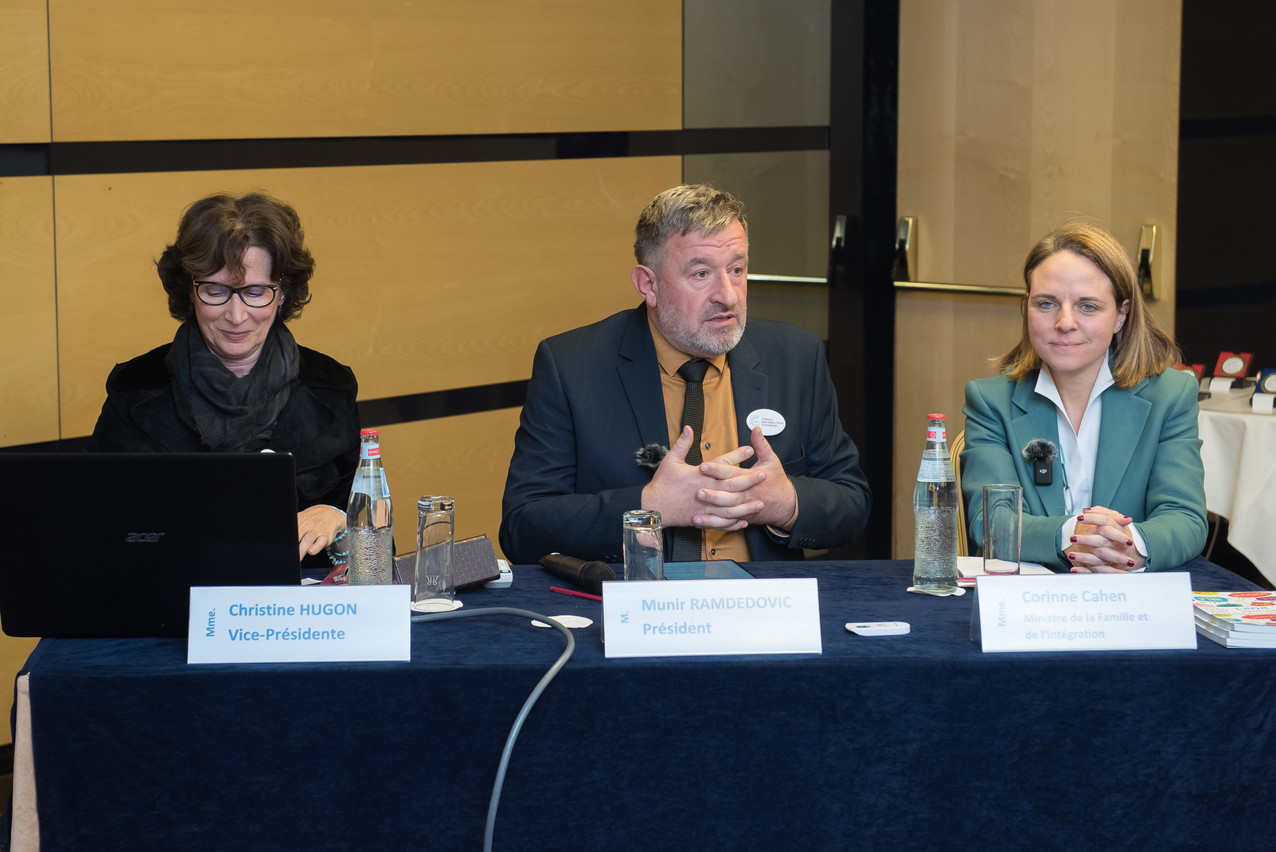pledged to do a better job at being transparent and communicating with Luxembourg’s foreign population, after being accused of not talking to the community it represents. A task it accomplished “with great success” in 2022, says Ramdedovic. The council was created in 1993 with the mission to analyse laws that apply to foreigners. Despite previous internal issues, “we were able to build strength and not weaknesses despite the multitude of opinions and cultures within the CNE”.
Integration and participation in local life on the agenda
In 2022, the CNE worked on issues pertaining to the Ukraine crisis and the refugees that came to Luxembourg, and collaborated with the integration ministry on the Grésil, an exchange group to improve and support new arrivals in their integration. Making access to the job market easier for third country citizens has also been on the council’s agenda, as have voting rights.
There cannot be integration if there is not equality in political participation.
Indeed, while the CNE applauds the positive developments for foreigner , a lot more needs to be done ahead and during the 2023 double-election year. Though it is unlikely to occur in time for this election cycle, the foreigners’ council “wants to see foreigners represented on a parliamentary level”, states Ramdedovic: “There cannot be integration if there is not equality in political participation.”
Better information and representation
But “foreigners should already start by participating in municipal elections. This is very important,” as many elements are voted on a communal level. “That’s how we will be able to send out a strong message that we’re also here.” The CNE is aiming for a 50% registration rate among foreign residents, who make up 47.1% of the Luxembourg population.
Ramdedovic also has some demands for the government: communal agents need to be trained to share more and better information with new residents on their voting rights. The 212,900 cross-border workers contributing to Luxembourg’s economy should be represented. Access to financial aids should be simplified too, as the procedures are “still complicated and restrictive”.
We really want an institution that truly represents the foreigners in Luxembourg, not just alibi organisations.
Drive in the face of uncertainty
The council in 2022 has reached the end of its five-year mandate, and worries about its future. Elections within the council were but won’t happen in the end. Though integration minister Corinne Cahen has drafted a bill to extend the mandate by two years, “we really want [to be] an institution that truly represents the foreigners in Luxembourg, not just alibi organisations”, states Ramdedovic.
As was the case , the council wants more support from the government. Receiving its own offices, legal experts and secretaries would be a big help, says Ramdedovic, as well as more funds for the council whose members are primarily working on a volunteer basis.
While it awaits the verdict on its own status, the foreigners’ council has decided to continue working in the interest of foreign residents in Luxembourg and push them to be more implicated in the political sphere of the country in 2023.


